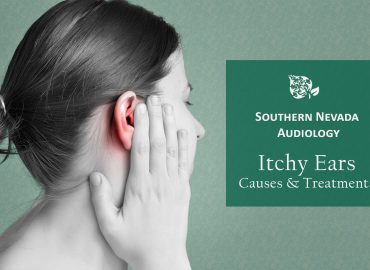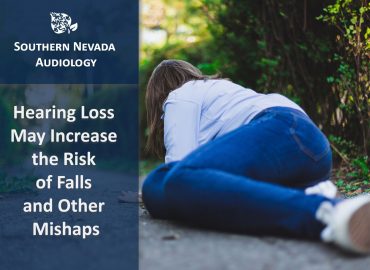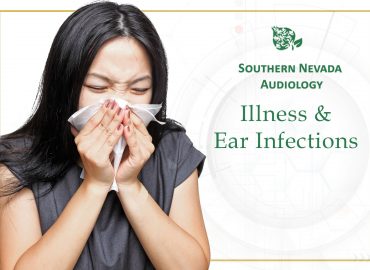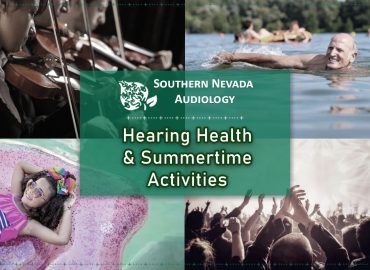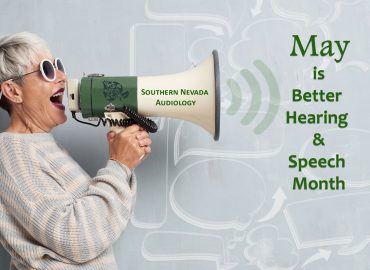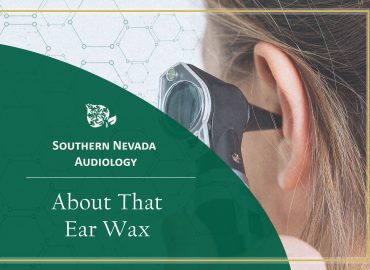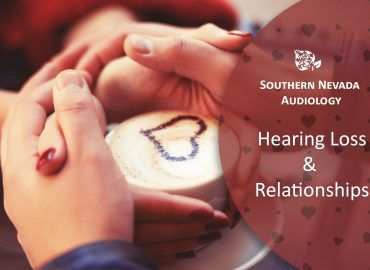Importance of Addressing Hearing Loss
Despite the fact that approximately 48 million Americans have some form of hearing loss, few tend to address the issue in a timely manner. Seven years pass on average between the first sign of hearing loss and the time taken to schedule a hearing exam. This is quite unfortunate because the benefits of addressing hearing loss signs when it first presents itself far outweighs the conditions of living with untreated hearing loss. Conditions such as depression, social alienation, self-induced bodily harm, memory problems, and even an elevated risk of cognitive decline and dementia are all possible effects of even minor hearing loss because of the changes in lifestyle and physiology that it instills.
Receiving treatment for hearing loss as soon as it presents itself not only reduces the likelihood of complications, but also eases the process of adjusting to living with the impairment. Those who put off dealing with their hearing loss until it is “very severe” often find that they have made irreversible changes to their daily routines and relationships with others. Life can continue on normally if hearing loss is addressed as soon as it is noticed.
Someone Else Informs Us About Our Hearing Impairment
To some, it may sound unusual, but our significant others, close relatives, or trusted friends are often the ones that first bring our hearing loss to our attention. Hearing loss is typically not seen as a distortion of sound so much as an absence of the sound. In most cases, it takes the help of another person to help us identify noises that we are missing because we just cannot hear them ourselves.
Fatigue
An environment with a lot of background noise, such as a party, is often the first place we detect a hearing impairment. When our hearing is impaired, it becomes more difficult to distinguish between speech and background noise, making it mentally taxing to keep up with a discussion. Many with hearing loss for the first time may mistake their early social weariness for a result of their advanced age, saying things like, “I just can’t stay out as late as I used to.” In reality, with the help of modern hearing aid technology, we can rejoice in social gatherings just as much as before.
The Phone Is Excessively Quiet
Sometimes, even those with normal hearing will have problems hearing a call, but if this is a recurring issue for us, even in a quiet environment, it may be a clue that we have hearing loss. Similarly, if we find ourselves cranking up the level on the radio or television all the time, or if others complain that the volume is too high, it may be time to get our hearing checked.
Are They Mumbling?
It is easy to assume that people are speaking too softly or with their lips closed if we are having trouble hearing them. It is possible that consonant sounds will not be present or may be difficult to make out. The need to repeatedly remind others to “speak up” is a sign of possible hearing loss.
Hearing Tests Reveal Whether We Suffer from Deafness.
The best solution is also the most obvious one. If we want an objective answer to the question of whether or not we have hearing loss, and if so, to what degree, we need to undergo a professional hearing evaluation. It is also worth noting that while internet hearing tests might serve as a general guide, they are often quite unreliable.
Please schedule your hearing assessment / checkup with Southern Nevada Audiology today! Learn more about the advancements in modern hearing aids.


